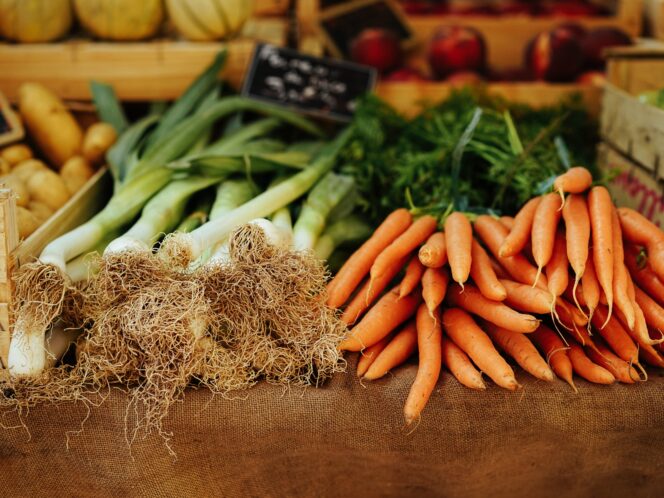
“Utopia is possible. I know because I grew up there,” says Andrzej Górz, co-founder of Open Jazdów. He left the urban melting pot to create a rural idyll for the future in Lower Silesia. A place where we is more important than me.
Berenika Steinberg: You were born and raised in Jazdów, right in the center of Warsaw. It’s a settlement of wooden Finnish houses, constructed in 1945 for employees of the Capital Reconstruction Office [BOS]. What was your childhood like there?
Andrzej Górz: I remember it as a rural enclave where everyone knew each other. Shortly after the war, BOS employees built Jazdów together—they cleared the area of rubble, then planted and tended trees, shrubs, and vegetables. They extended the little houses, they helped each other. So the ties were formed over time. People raised their children together, organized celebrations for holidays and name days. As kids, we used to chase each other between the houses, climb trees, pick apples, and enjoy the benefits of nature. It was like living in a rural community where you spend time together, share difficulties, and borrow money from each other when you need it.
That sounds too perfect! Wasn’t there any friction between neighbors?
There must have been. But you know that place functioned as a community. Residents shared what they had. Gardening tools were basically shared property, so if someone was trimming a hedge and already had the equipment out, they’d also trim their neighbor’s hedge. When I cleared the snow from the road, I also cleared the part belonging to my neighbors, who would then repay us some other way. My neighbor had good apples but she wasn’t able to pick them herself, so we helped her out and some of the apples were for her, some for us. In our garden there were fruit trees, gooseberries, and raspberries. Another neighbor had delicious redcurrants.
What did you want to be as a child?
We had a computer at home early on. I soon realized I had a knack for it and when I was in middle school, I planned to become an IT specialist. After graduating from high








